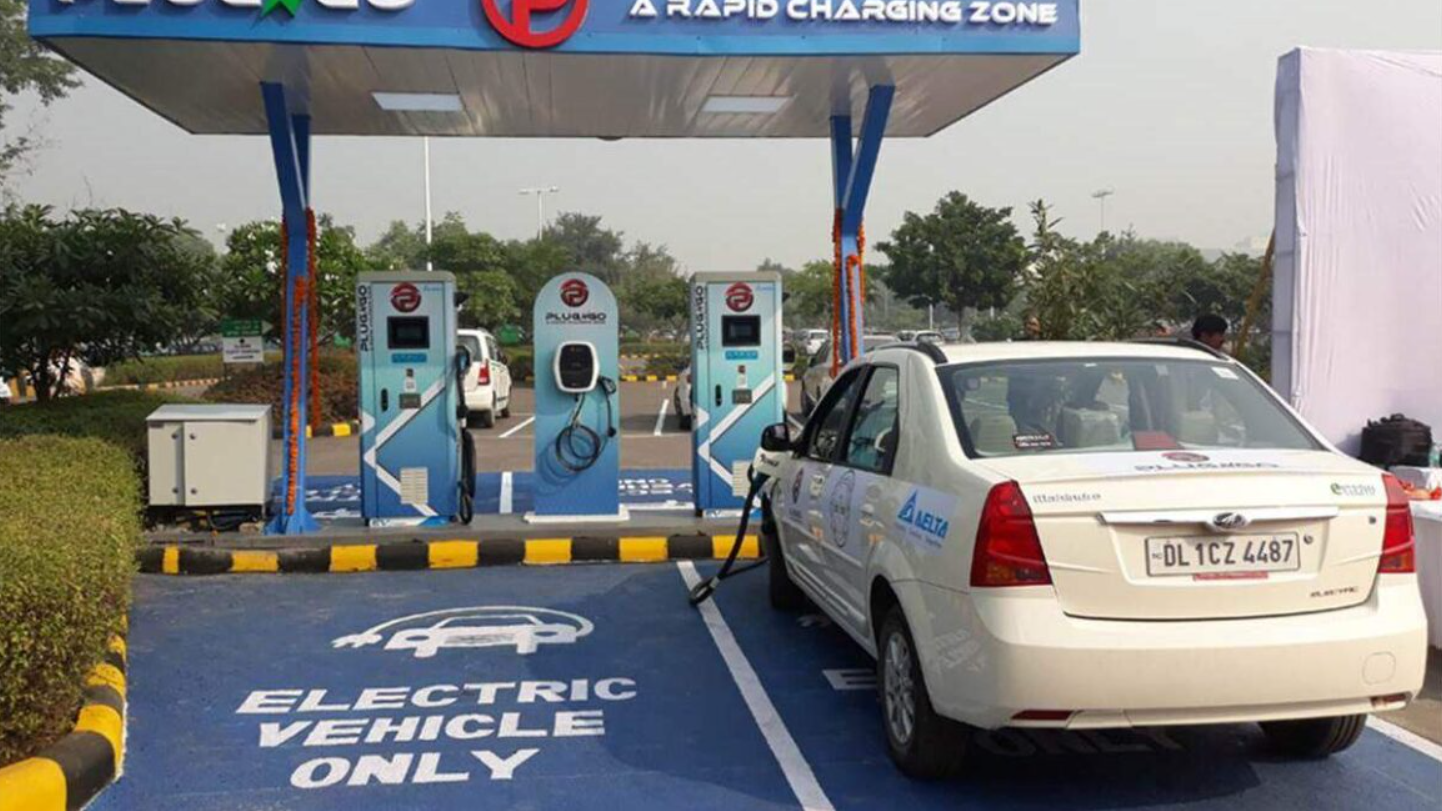
Sales of electric cars in India are showing signs of cooling off after a ride in the fast lane for the last couple of years prompting manufacturers to launch consumer schemes for the first time ever to push the slow-moving models, multiple dealers told ET.
With supply gradually matching demand, inventory has started mounting for dealers. On an average, 200 electric cars are sold in India per day. The dealers are holding inventory for 15-25 days. This would translate into inventory worth INR 450-800 crore, dealers estimate.
Electric car market leader Tata Motors and MG Motor launched attractive limited-period consumer schemes last week. However, officials at the two firms maintained that the schemes are not a reflection of softening of demand and have been launched only to correct stock mis-matches.
“Demand for all our EVs remains robust and is in fact increasing every month. The offers you mention are available for an extremely short time span on select variants/colours, which are with the dealer network due to stock mismatches. The offers will be withdrawn as soon as these select variants are sold out,” said a Tata Motors spokesperson in an email response.
A communication sent to dealers by the Mumbai based company on June 21 shows that for most variants of the Nexon Prime (model year 2022) excluding the XM, one can avail benefits of up to INR 100,000. The company is also offering benefits on models for the current calendar year. It includes exchange discounts of up to INR 30,000 on Prime and Ziptron models.
MG Motor too is offering benefits of up to INR 150,000 on its ZS EV model as part of a “Summer Fest,” according to advertisements released by the company. Offers for both MG and Tata electric cars are valid only till the June 30.
Rajeev Chaba, CEO of Emeritus , said the schemes have been launched to correct the demand supply mismatch. “The market is seeing transformation and the penetration is still low. We are running schemes only on some variants that have weak demand and are highly priced. The overall demand remains strong,” Chaba told ET.
MG has been stepping up production. It plans to produce 700 units this month as compared to 400-450 units a few months back, he said. After taking sharp price hikes, the recent moderation in the lithium prices is also enabling the company to pass on some of the benefits, added Chaba.
While the benefits being offered are nominal, the trend is a reversal from the long wait list seen for these models till recently. Improved availability of the semiconductors has enabled companies to accelerate production, but demand is not keeping pace with the supplies leading to stockpiling, said dealers.
The inventory pile-up at dealers may add financial pressure for car makers as operating margins on EV cars are still negative for manufacturers. In a recent interaction with investors Tata Motors said its current EV operations are EBITDA negative including product development expenses. It’s hoping to turn it positive with the productivity linked incentive scheme (PLI) benefits
After sales touching a peak of 7144 units in March 2023, electric cars have seen some moderation, data from Vahaan dashboard. Carmakers retailed 5376 units in April and 6753 units in May and 5203 units in June so far.
Some Tata dealers have stock extending to almost two months. “With the entry of new models, the market should have expanded but that doesn’t seem to be happening. On the contrary, new model sales are cannibalising into the sales of the existing ones,” said a dealer.

















